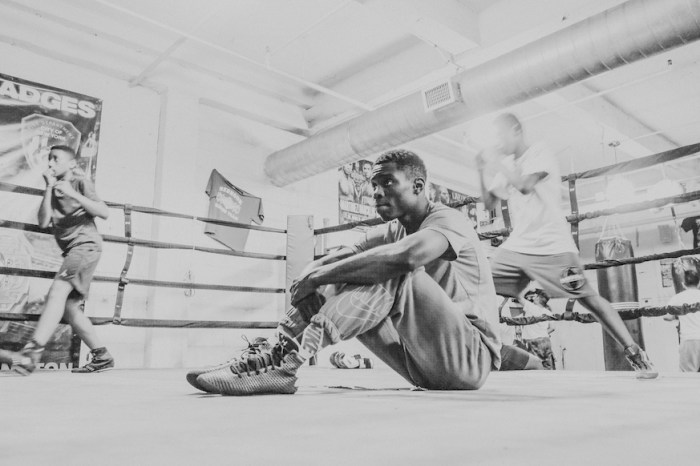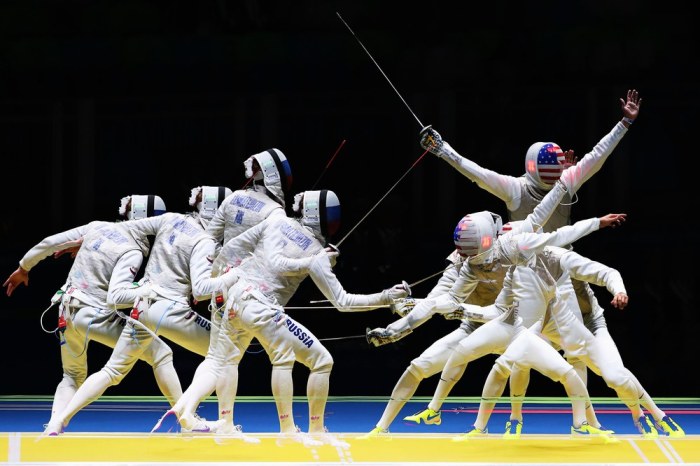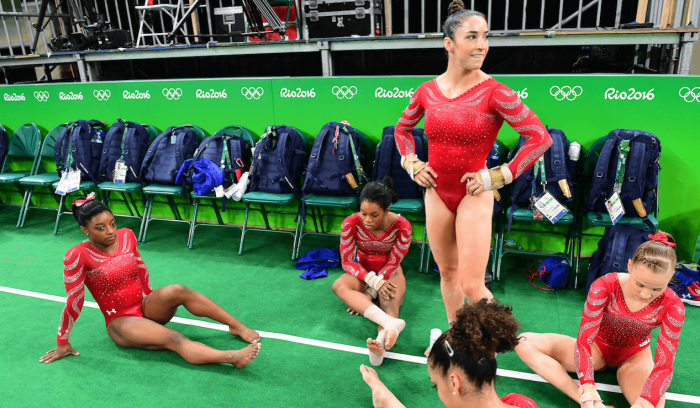By Mark Trevelyan
RIO DE JANEIRO (Reuters) – Russian swimming chief Vladimir Salnikov said on Tuesday the hostile atmosphere surrounding his Olympic team reminded him of the Cold War as sport, drugs and politics formed a toxic mix that is souring the mood of the Rio Games. Doping scandals overshadowed the build-up to Rio and, far from dying down as competition has got under way, have flared anew as U.S. and Australian competitors have branded their Russian and Chinese rivals as drug cheats. Australia’s delegation head Kitty Chiller said the country would not apologize to Beijing after freestyle champion Mack Horton leveled the accusation at his Chinese rival Sun Yang – a comment that prompted hundreds of thousands of Chinese web users to bombard Horton on social media with demands for an apology. A similar drama played out between U.S. swimmer Lilly King and Russia’s Yulia Efimova, who has twice been suspended for doping. Efimova was in tears after King beat her on Monday in the 100 meters breaststroke and declined to congratulate her after the race. Resounding boos rang out around the Olympic Aquatics Centre for Efimova, and other Russian swimmers were also targeted. Some Chinese spectators also jeered Australian swimmers.
“I think the whole atmosphere is very strange,” said Salnikov, who won four swimming gold medals in the 1980s during a period of U.S.-Soviet tensions that prompted the two superpowers to boycott each other’s Olympics. He said the situation now was similar to the past “when we had the situation with the Cold War and everything was like Russia (versus) America and a lot of people were putting oil on the flame to make it higher”. “This is another round, but I think we will survive it,” he told Reuters in an interview, complaining that “many people have a prejudiced attitude to our athletes”.
“THEY DON’T LOVE US HERE”
More than 100 Russian athletes were excluded from the Rio Games after independent reports for the World Anti-Doping Agency revealed evidence of widespread state-sponsored cheating.
Russian officials have said their country is being singled out to punish it for its standoffs with the West over conflicts in Ukraine and Syria.
Some Russian spectators in Rio say they sense hostility towards them.
“They don’t love us here. They think we do all these bad things, that we are cunning and wicked,” said Tatyana Omelchenko from the Siberian city of Krasnoyarsk.
“There is definitely an anti-Russian atmosphere. We don’t think it, we feel it,” she added. “They’re scared of us because we are strong.”
Russia’s Efimova was allowed to compete in Rio after winning a legal challenge last week against being excluded, arguing she had served her previous suspensions and should not be punished again. China’s Sun was revealed two years ago to have secretly served a three-month suspension for using a banned stimulant. He said it was medication to treat a heart issue and did not enhance performance. RIGHT VS WRONG
Doping problems in sport are nothing new, but the direct attacks on rivals by two young, first-time Olympic champions – King is 19 and Horton is 20 – have dominated headlines during the first four days of the Games. King, in particular, has been explicit in taking the moral high ground. “Standing up for what I believe is right, I felt like I had to perform even better tonight than I have in the past,” she said. “It just proves that you can compete clean and still come out on top.” Michael Phelps, the most successful Olympian ever with 19 golds among his 23 medals, was quick to voice support for King.
Fellow-American Michael Johnson, a former 200 meters and 400m track champion, said nobody wanted athletes to be booed at the Olympics.
“But the simple answer to that is not to tell people to stop booing the athletes; the answer to that is to figure out how to keep athletes who have been doping out of the Olympics and out of the sport and handing down appropriate punishment,” he said. “Then people won’t be booing athletes who are here that they feel like shouldn’t be here. Athletes won’t be pointing their finger and getting into these spats with other athletes.” Australia’s Chiller said she welcomed the support of some of the American swimmers for Horton but did not want the controversy affecting her swimmers’ performances.
“I think where the situation is now it’s becoming a moral question versus a legal question,” she said. “From our point of view, I don’t want this to end up being a distraction, especially in the pool.” (Additional reporting by Jack Stubbs, Omar Younis and Alan Baldwin; Editing by Mark Lamport-Stokes)


















